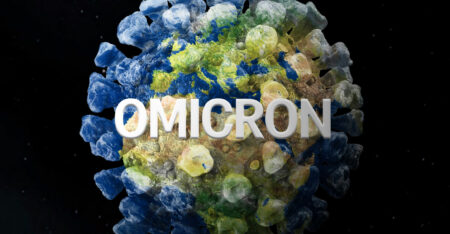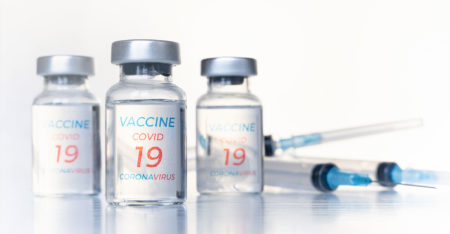 A nine-week high in the positivity rates of Covid-19 tests in South Africa and the increasing incidence of virus fragments in wastewater indicate that there may be a resurgence of the virus in the country.
A nine-week high in the positivity rates of Covid-19 tests in South Africa and the increasing incidence of virus fragments in wastewater indicate that there may be a resurgence of the virus in the country.
On Monday, 9.6% of those tested for the coronavirus, or 877 cases, were found to be infected, the highest proportion since 17 February, the National Institute for Communicable Diseases said in a statement. Last week the South African Medical Research Council said that the incidence of Covid particles in wastewater was increasing in three provinces.
With many cases of the virus going undiagnosed, the positivity rate is seen as an indication of how fast it’s spreading, while the presence of the coronavirus in wastewater is seen as an early warning of a rise in infections.
“Sewage water surveillance and National Health Laboratory Service data does suggest there is an increase in virus circulation and infections,” said Shabir Madhi, a vaccinologist who led vaccine trials in South Africa for AstraZeneca and Novavax, said by text message.
South Africa, together with Botswana, in November announced the discovery of the Omicron variant and was the first country to experience an Omicron-driven wave of infections with daily cases peaking at more than 26 000/day in mid-December. Still, Madhi has said that only one in 20 asymptomatic cases in South Africa may be detected and the number of daily tests has fallen in recent weeks as the country has eased measures to curb the spread of the virus.
While scientists have predicted the start of a fifth wave of cases in late April or May, the government has said that vaccine coverage and the high rate of prior infections — as many as 80% of South Africans may already have had Covid-19 — should ease its impact.
“I don’t expect resurgence to be any more severe than Omicron wave, and probably less severe due to extensive infection induced immunity,” Madhi said. — (c) 2022 Bloomberg LP



